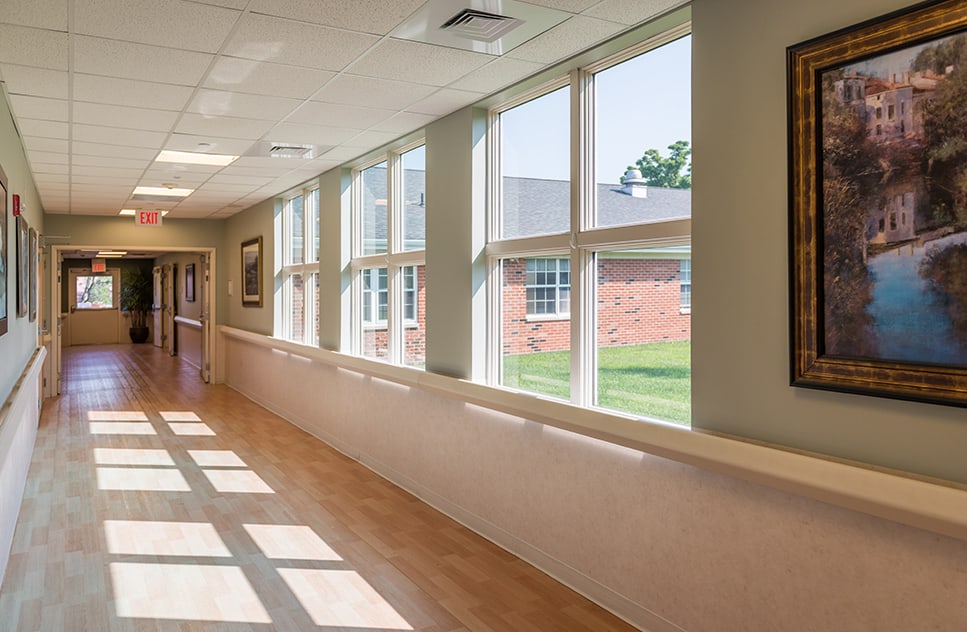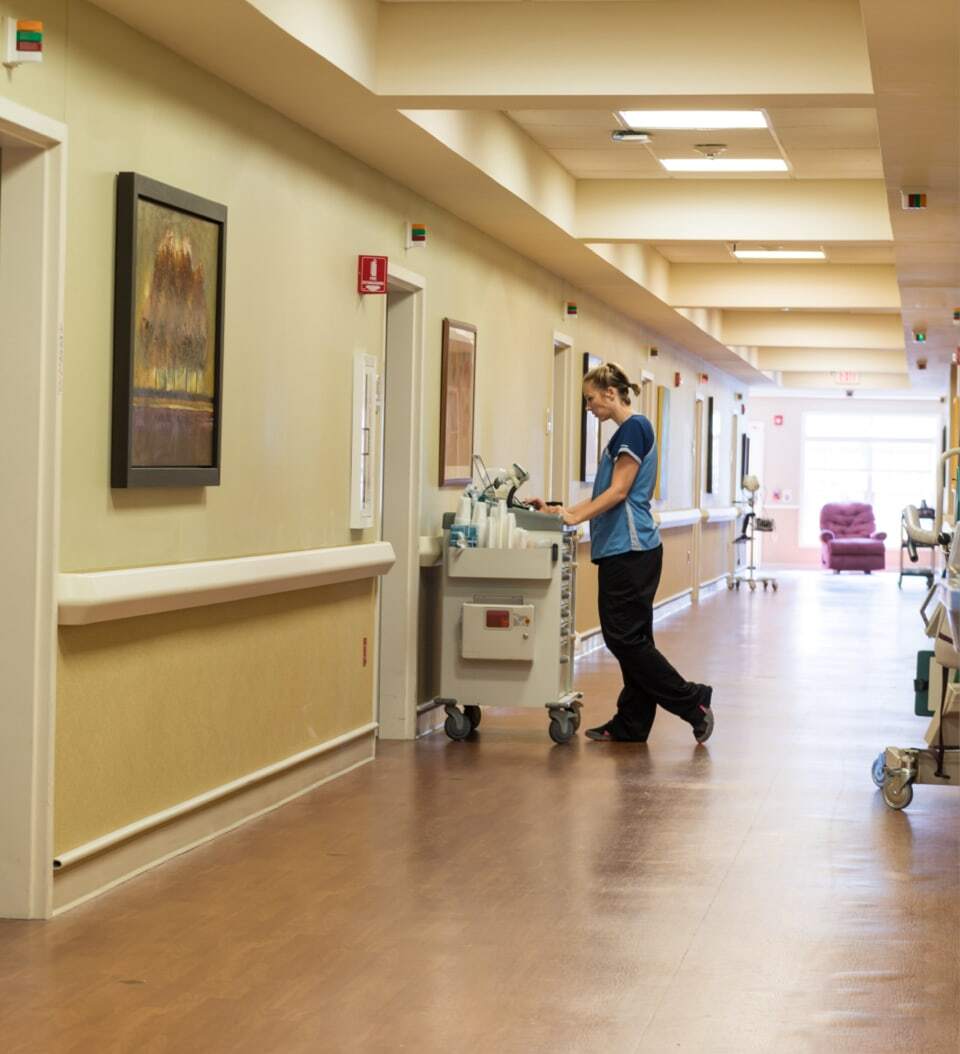When it comes to caring for our loved ones, the choices can be overwhelming, especially as they age and their healthcare needs become more complex.
Aging often brings about a myriad of challenges, including chronic illnesses, mobility issues, and cognitive decline, which can greatly impact daily living.
For many families, skilled nursing care becomes a vital resource, bridging the gap between independent living and full-time medical support.
These communities offer not only medical attention but also emotional and social support, ensuring that seniors receive comprehensive care tailored to their needs.
- Short-term skilled nursing care is typically focused on rehabilitation and recovery after a hospital stay or surgery. It aims to help seniors regain independence and return home as soon as possible.
- Long-term skilled nursing care is designed for individuals with chronic health issues that require ongoing medical attention and assistance with daily activities.
What Is Skilled Nursing Care?
Skilled nursing care provides seniors with the specialized medical care and assistance they need in a supportive environment.
This type of care is often necessary for seniors who require more attention than what can be provided at home but do not necessarily need hospital-level care.
Skilled nursing facilities (SNFs) are staffed by licensed healthcare professionals, including nurses, therapists, and doctors, who work together to deliver high-quality care.
What Is Short-Term Skilled Nursing Care?
Short-term skilled nursing care is designed for people who require temporary assistance during a recovery period. This type of care is typically provided for a few weeks to a few months, depending on the individual’s needs and progress.
Rehabilitation & Recovery Focus
The primary goal of short-term skilled nursing care is rehabilitation and recovery. It is often recommended for seniors recovering from surgery, illness, or injury.
The focus is on helping individuals regain their strength, mobility, and independence so they can return home or move to a less intensive care setting.
Services Provided in Short-Term Care
Short-term skilled nursing care includes a range of services tailored to support recovery:
- Physical Therapy: Helps improve mobility and strength.
- Occupational Therapy: Focuses on regaining daily living skills.
- Speech Therapy: Assists with communication and swallowing difficulties.
- Medical Monitoring: Regular check-ups to track progress and adjust treatment plans.
- Pain Management: Strategies to manage and alleviate pain during recovery.
What Is Long-Term Skilled Nursing Care?
Long-term skilled nursing care is intended for seniors who need ongoing medical support and assistance with daily activities over an extended period.
This type of care is often permanent and is designed to provide a stable and comfortable environment for those with chronic conditions or severe disabilities.
Continuous Medical Support & Assistance
Long-term skilled nursing care offers continuous medical support for individuals with complex health needs. This includes:
- Regular monitoring
- Medication management
- Assistance with activities of daily living (ADLs) such as bathing, dressing, and eating.
The goal is to ensure the highest possible quality of life for residents.
Services Provided in Long-Term Care

Long-term skilled nursing care encompasses various services to meet ongoing health and personal needs:
- 24/7 Nursing Care: Around-the-clock medical supervision and assistance.
- Chronic Disease Management: Specialized care for conditions like diabetes, heart disease, and dementia.
- Personal Care Services: Help with grooming, toileting, and mobility.
- Social Activities: Programs and events to promote social interaction and mental well-being.
- Nutritional Support: Meal planning and dietary management for optimal health.
The Key Differences Between Short-Term & Long-Term Care
Understanding the key differences between short-term and long-term skilled nursing care can help families make informed decisions.
Duration of Care
- Short-Term Care: Typically lasts from a few weeks to a few months, depending on the individual’s recovery progress.
- Long-Term Care: Can be permanent and is designed for individuals who need ongoing medical support and assistance.
Types of Services Offered
- Short-Term Care: Focuses on rehabilitation and recovery, with services like physical therapy, occupational therapy, and medical monitoring.
- Long-Term Care: Provides continuous medical support, chronic disease management, and personal care services.
Choosing the Right Option for Your Loved One
Selecting the appropriate type of skilled nursing care for your loved one involves careful consideration of their medical and personal needs.
Evaluating Medical & Personal Needs
Assess your loved one’s health condition, the level of assistance they require with daily activities, and their overall well-being. Consult with healthcare professionals to determine the most suitable care option.
Financial Considerations & Coverage Options
Review the financial aspects of skilled nursing care, including insurance coverage, out-of-pocket costs, and available financial assistance programs.
Understanding the costs associated with each type of care will help you make a well-informed decision.
Skilled Nursing Care at Kingston of Miamisburg
Finding the right care solution for your loved one is a crucial step in ensuring their well-being and quality of life.
By understanding the differences between short-term and long-term skilled nursing care, you can make an informed decision that meets their needs and provides peace of mind for your family.
If you’re still unsure which option is best, contact the team at Kingston of Miamisburg to help understand your options. Remember, the goal is to provide the best possible care for your loved one, ensuring they receive the attention and assistance they need to thrive.







